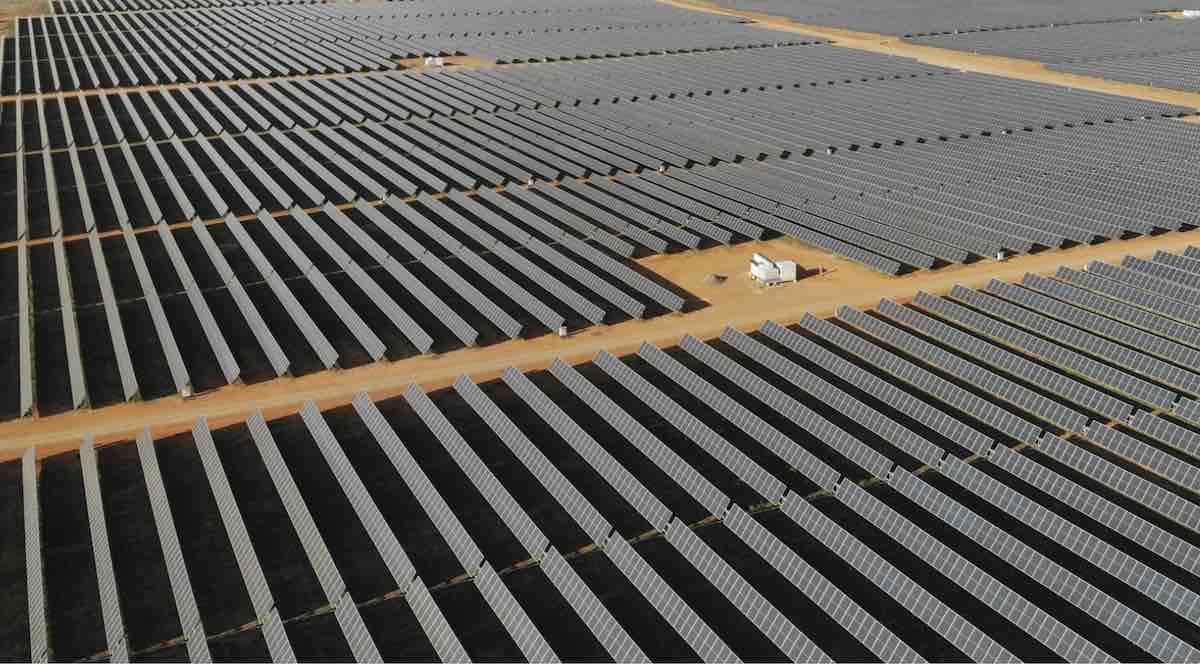New South Wales has launched the first in a series of renewable energy and energy storage auctions that will replace the state’s retiring coal fired power stations, in the biggest energy transition plan ever undertaken in Australia.
The historic tender, launched on Tuesday alongside the landmark NSW Electricity Infrastructure Roadmap, is the first of a 10-year schedule of rolling tenders which are expected to incentivise around $32 billion in private capital.
All up the NSW tender process, which will be overseen by AEMO Services, aims deliver 12 gigawatts of renewable energy by 2030 and 2GW of long duration energy storage.
All of this new generation and firming capacity will be needed to replace the state’s coal-fired power stations, four out of five of which are scheduled to retire in the next 11 years.
It is the most ambitious program of its type ever contemplated in Australia, and will be a key component of the federal government target, and market operator assumptions, that the nation will reach around 82 per cent renewables by the end of the decade.
“In the space of a decade we’ll create a new electricity network, based on renewables, that is cheaper, greener and more reliable than our current system,” said AEMO Services executive general manager Paul Verschuer.
“It will generate considerable economic opportunities for workers, in local industry and across our supply chains.”
The Central-West Orana Renewable Energy Zone
The first competitive tender, open to bids on Tuesday October 04 until October 28, is centred on the Central-West Orana REZ, based around Dubbo and Dunedoo on the lands of the Wiradjuri, Wailwan and Kamilaroi people.
But AEMO Services says “sufficiently advanced projects” from across NSW which are connecting to existing transmission infrastructure are also encouraged to participate.
“More than 3.6GW of energy investment has been committed or anticipated across NSW since the Roadmap was enacted, and we expect nearly all of these projects to be eligible to participate in Tender Round 1,” AEMO Services said in an email to stakeholders.
“Many more projects have also sufficiently progressed through the development pipeline and are likely to be eligible.”

In a separate statement from AEMO Services on Tuesday, executive managing director Paul Verschuer also encouraged broad participation in the tender.
“Registration is a valuable step even for projects which might not end up proceeding to this tender, or those which ultimately aren’t successful in this round,” Verschuer said.
“The next tender is only ever six months away so there is every opportunity for projects to participate.
“There is no doubt that in this environment proponents will want to bring their energy to market faster and we have designed a process that gives them the flexibility to do so without incurring major costs.”
AEMO Services says it is seeking bids from renewable energy projects no smaller than 30MW as well as long duration energy storage projects that can be dispatched for at least eight hours, most likely pumped hydro or possibly even big batteries.
It should have no trouble filling its targeted quotas, having attracted 113 registrations of interest for the Central-West Orana REZ, alone, in June of 2020, representing 27GW of new generation and storage projects.
A major milestone on track to cheap, clean energy
“NSW is building five massive Renewable Energy Zones across the State, which will produce cheap, clean electricity for generations to come and create major investment opportunities for industry and small businesses,” said state energy minister Matt Kean on Tuesday.
“The opening of the first tender marks a major milestone in the delivery of our renewable energy and storage plans, it’s expected to create a jobs and investment boom across NSW.”
Kean says that Russia’s “illegal invasion of Ukraine” has – by driving up fossil fuel power prices – offered yet another imperative to fast-track the state’s plans.
Government modelling suggests the state’s shift from coal to renewables will deliver savings of around $130 a year for the typical household electricity bill and $430 a year on the average small business electricity bill, between 2023 and 2040.










